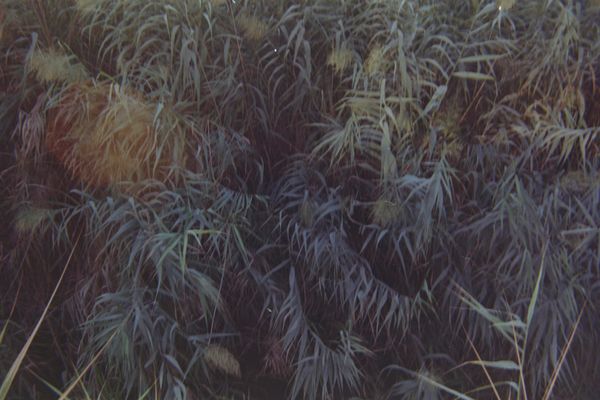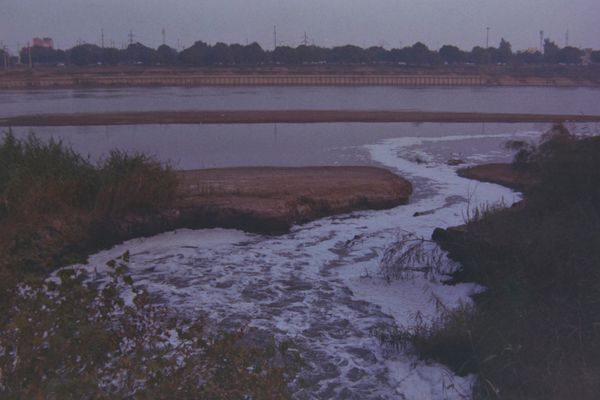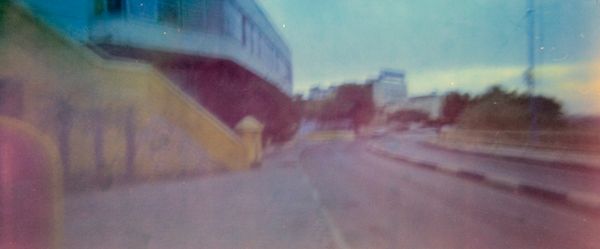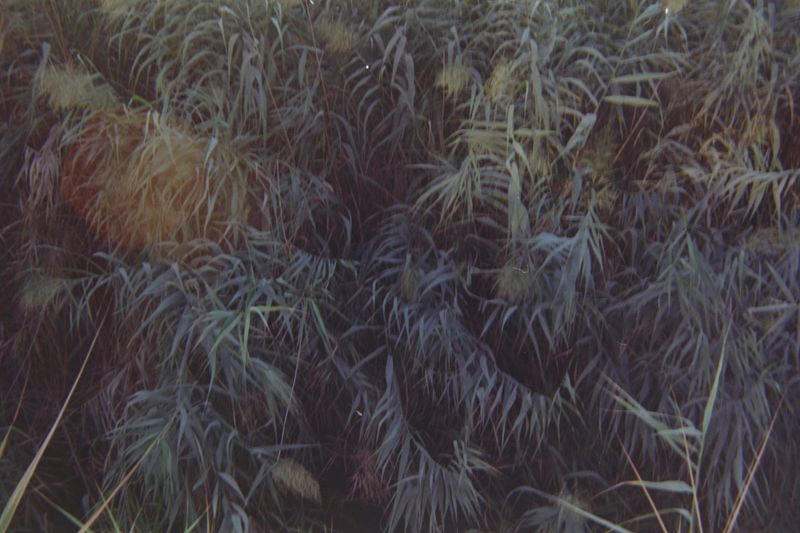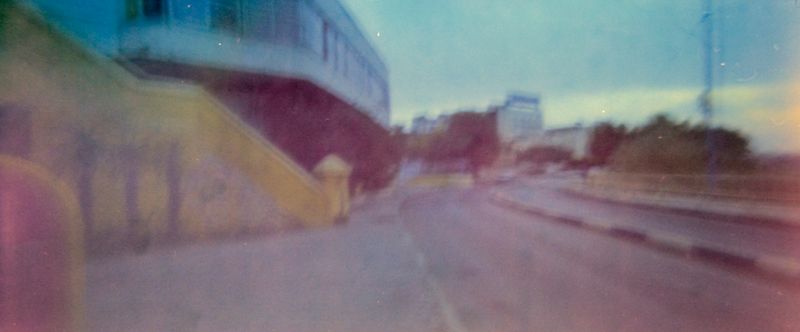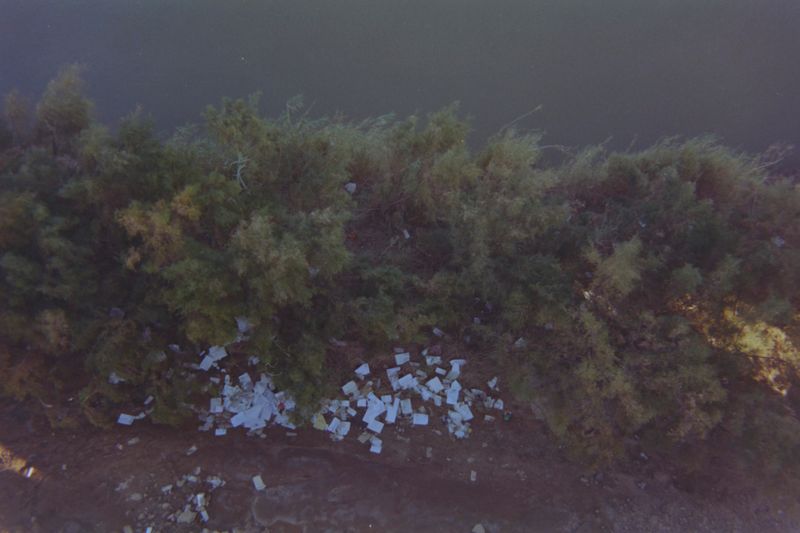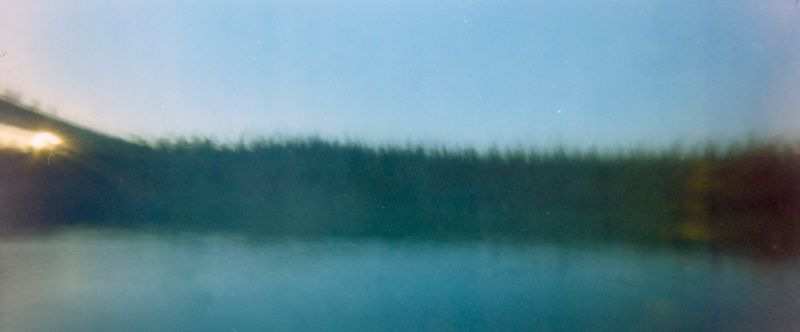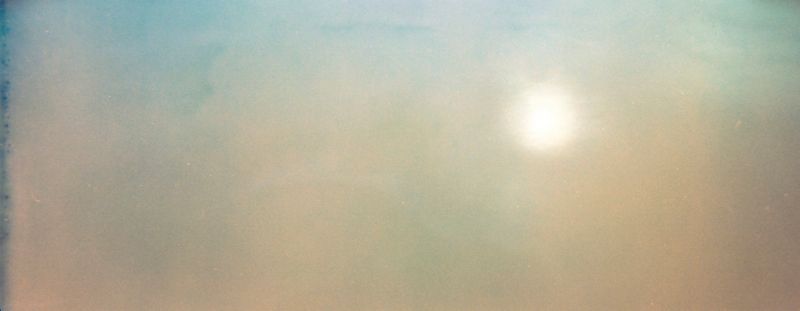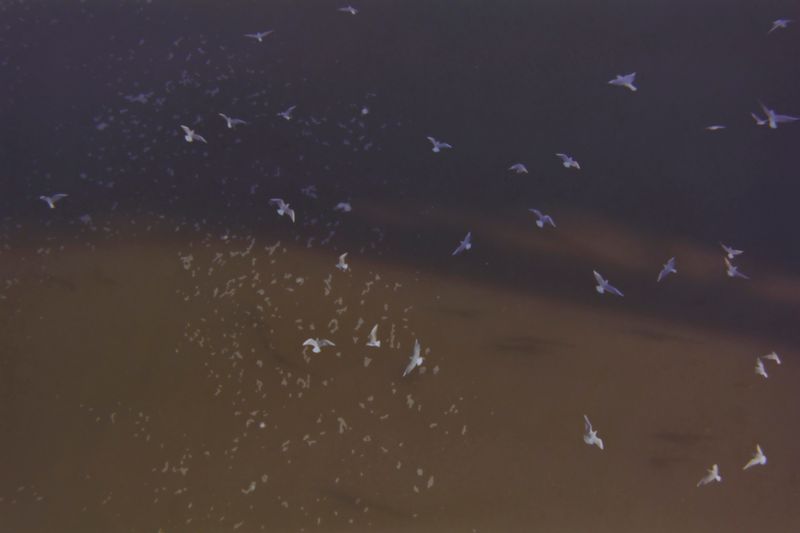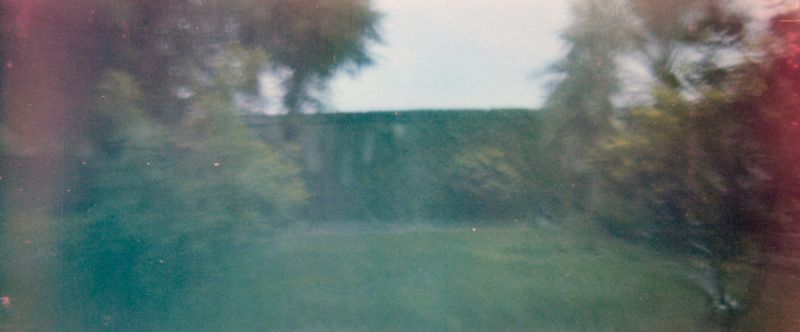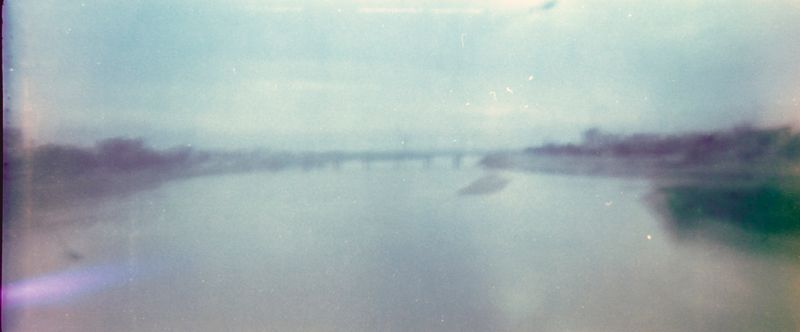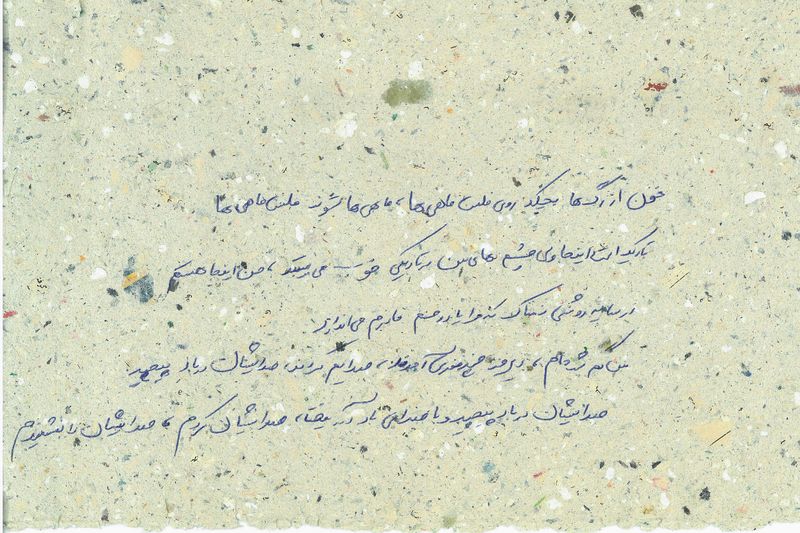The Eighth Day
-
Dates2025 - Ongoing
-
Author
- Location Ahvaz, Iran
The Eighth Day reflects on the death of a young woman in the Karun River. Using pinhole photography and handmade papers, it traces her disappearance, memory, and the intersection of personal grief with collective trauma.
The Eighth Day is a personal encounter with the death of a young woman¹ in the Karun River² in my hometown of Ahvaz. The river—silent yet ever-present—returned her lifeless body after eight days. This event left a profound and lasting impact on my lived experience and worldview. I felt an inevitable resemblance between her story and my own existence.
In this project, I search for traces of death and disappearance within the overlapping domains of nature and politics, where the personal and the collective are closely intertwined. Through pinhole photography, I attempt to imaginatively approach the final moments of her life and her eight-day presence within the depths of the Karun.
The texts accompanying the work are written on handmade paper, crafted from layers of newspapers published during the Woman, Life, Freedom protests .During the papermaking process, many words—especially those related to propaganda—were erased, dissolved, or rendered unreadable. What remains is a vague, ghostlike residue: echoes of what once was. This presence/absence reflects the nature of collective memory shaped by censorship and suppression.
The project unfolds through eight brief textual episodes—each corresponding to one day of her disappearance. These sentences are inscribed on eight sheets of handmade paper: fragile pages that act as quiet guardians of her absence.
¹ Inspired by the disappearance of Donya Farhadi, a 22-year-old architecture student who went missing during the Woman, Life, Freedom protests in Iran, this project explores the entanglement of personal grief and collective trauma. Donya vanished on December 7, 2022, following a confrontation with Basij forces on her university campus. Bloodstains found near the Karun Bridge marked the last trace of her presence. Her body was discovered eight days later in the Karun River. Her story echoes a wider pattern of enforced disappearances and unexplained deaths of young women in Iran’s current socio-political landscape.
² The Karun River, the longest river in Iran, is a symbol of life and memory in Khuzestan—the region where I was born and raised. In this project, the Karun stands as a metaphor for collective memory, a space where nature and politics are deeply entangled.
*this photography project uses color negative film and pinhole photography to document the Karun River in Ahvaz The project has potential to be developed into a photo book.
